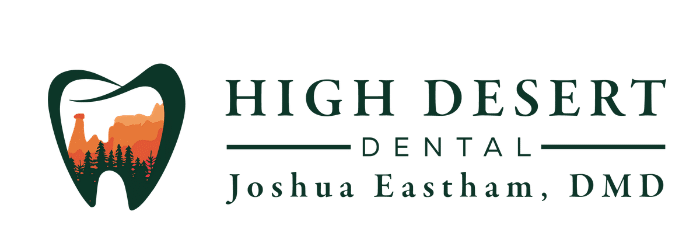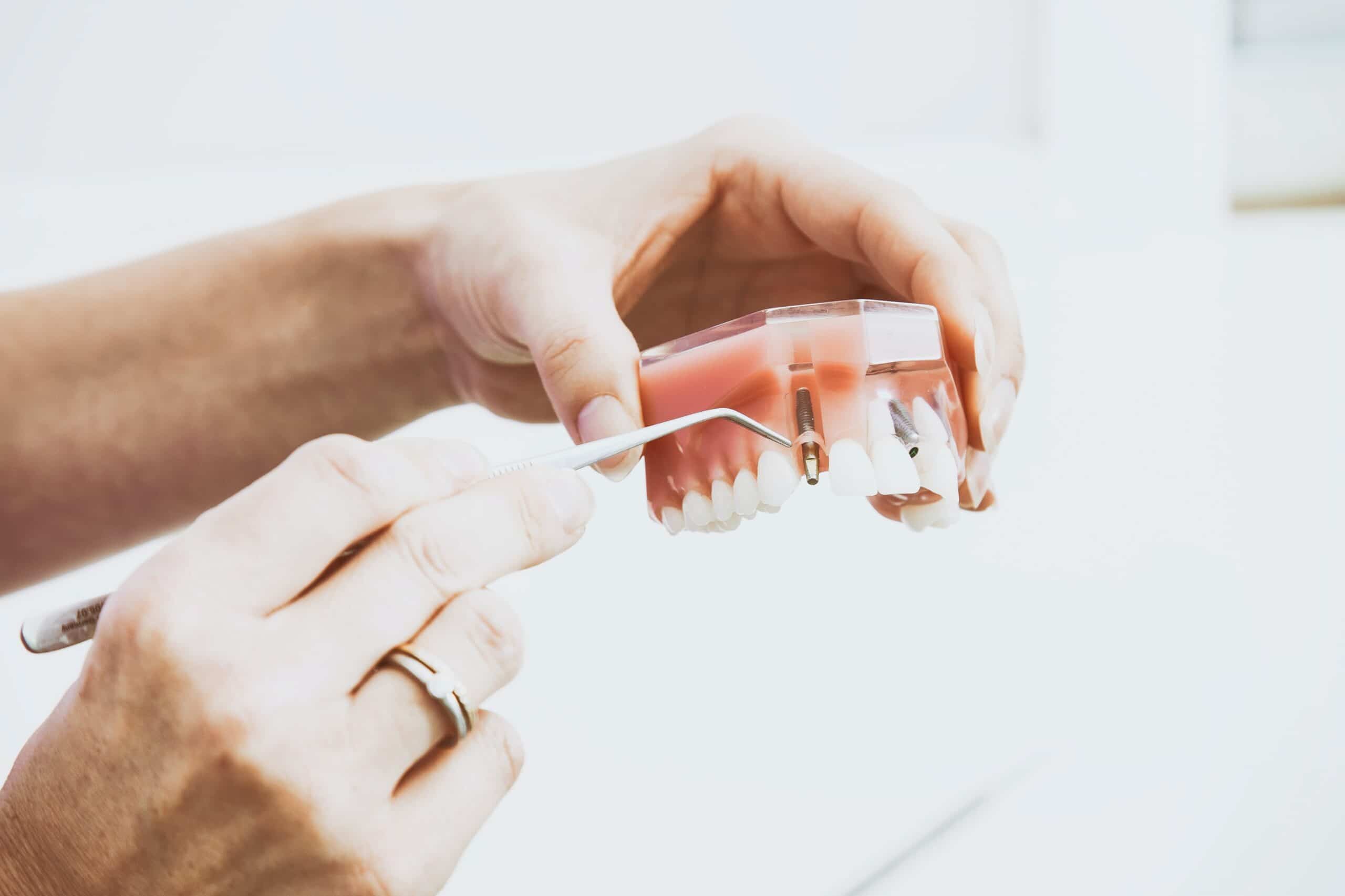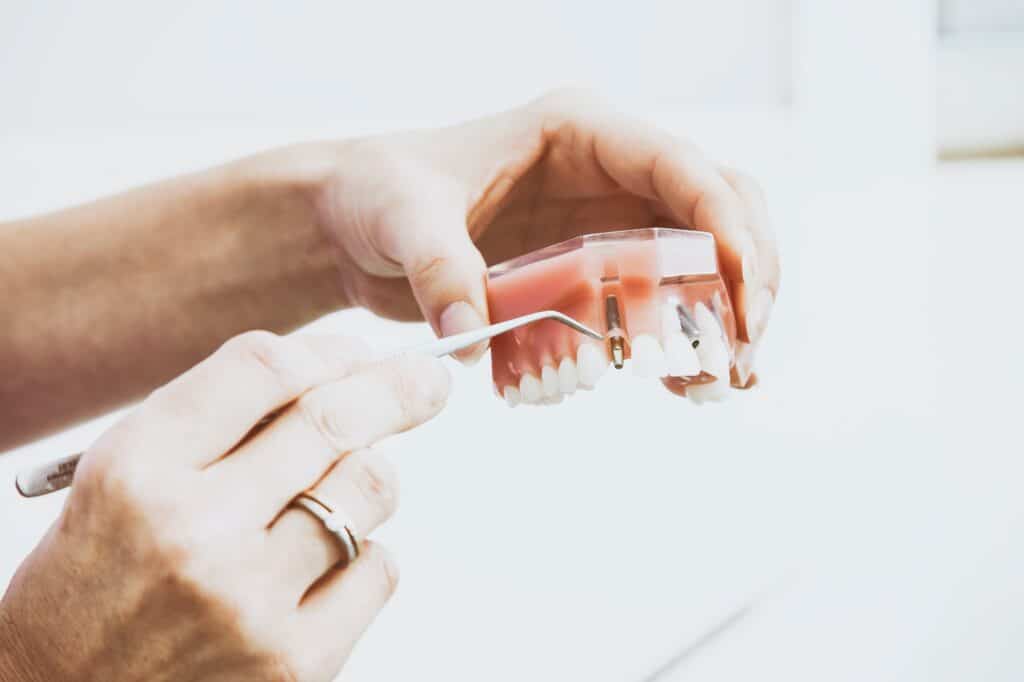Children's Dental Health Month

Celebrating Children's Dental Health Month With Tips & Tricks

The American Dental Association observes National Children’s Dental Health Month in February. This month-long national health observance emphasizes the significance of oral health in children while also providing recommendations for parents to keep their child’s smile on track! Our dentist in Grand Junction loves to use this occasion to give oral health recommendations and promote awareness of the need for children’s dental care at a young age.
At the first appointment, parents/guardians will have the chance to ask their dentist in Grand Junction CO questions and address any dental concerns, and the dentist will gently swab the child’s mouth to examine their gums and any erupted teeth. Then, as your kid begins to teethe, the dentist will be able to monitor their progress and apply preventative measures if there are any issues with their teeth.
“It is never too early to begin thinking about your child’s dental health! The American Association of Pediatric Dentists suggests that parents create a dental home for their kids when they get their first teeth or turn one.” – Dr. Joshua Eastham
Tips for Keeping Your Child's Oral Health in Check
Our family dentistry in Grand Junction CO take satisfaction in treating patients throughout such critical early childhood years. They have undergone further training beyond dental school to work exclusively with newborns and children in monitoring early oral development as pediatric dentists. We propose the following oral health guidelines to get your children started on the path to a lifetime of healthy smiles.
Schedule Regular Check-Ups
If your child hasn’t seen a dentist in more than six months, make an appointment as soon as possible.
Clean Your Baby’s Gums Daily
Until those teeth appear, gently brush a moist towel over the gums after each meal to remove dangerous germs.
Begin Brushing Right Away
When you notice your baby coming in, start cleaning their teeth with an infant toothbrush. Use water and a small amount of fluoride toothpaste (about the size of a grain of rice).
Brush For Two Minutes Twice a Week
Fluoride toothpaste should be used in a pea-sized quantity by children aged 2 to 6. Brushing children under six should always be supervised, as they are more prone to ingest toothpaste.
Start Flossing
When your child’s teeth come together, you may begin flossing between them.
Eat A Nutritious Snack
Fruit juice, sports drinks, fruit snacks, and sticky sweets are all harmful to your child’s teeth. Instead, our friend Dr. Hobfoll, best pediatric dentist in SLC shares that if give calcium-rich snacks to your children, such as cheese or low-sugar yogurt. If you must eat candy, a chocolate bar is better than gummy or sticky sweets, which can become caught between the teeth even after cleaning.
Maintain Their Hydration
Avoid sugary beverages in favor of good old-fashioned water. Water aids in the removal of any sugar or particles that may cause cavities. In addition, many municipal water sources also include fluoride, which is suggested as an effective strategy to prevent tooth decay by the American Dental Association and the Surgeons General of the United States.
Any questions for Dr. Eastham about your child’s oral health? Contact our dentist near me today.














